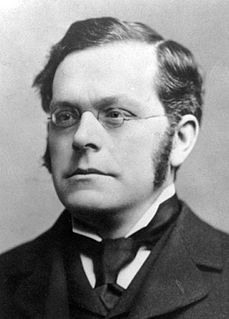A Quote by Agatha Christie
The contemporary historian never writes such a true history as the historian of a later generation.
Quote Topics
Related Quotes
Contemporary art is based on that an artist is supposed to go into art history in the same way as an art historian. When the artist produces something he or she relates to it with the eye of an art historian/critic. I have the feeling that when I am working it is more like working with soap opera or glamour. It is emotional and not art criticism or history of art.
I must say a few words about memory. It is full of holes. If you were to lay it out upon a table, it would resemble a scrap of lace. I am a lover of history . . . [but] history has one flaw. It is a subjective art, no less so than poetry or music. . . . The historian writes a truth. The memoirist writes a truth. The novelist writes a truth. And so on. My mother, we both know, wrote a truth in The 19th Wife– a truth that corresponded to her memory and desires. It is not the truth, certainly not. But a truth, yes . . . Her book is a fact. It remains so, even if it is snowflaked with holes.
The true historian, therefore, seeking to compose a true picture of the thing acted, must collect facts and combine facts. Methods will differ, styles will differ. Nobody ever does anything like anybody else; but the end in view is generally the same, and the historian's end is truthful narration. Maxims he will have, if he is wise, never a one; and as for a moral, if he tell his story well, it will need none; if he tell it ill, it will deserve none.
Anyone, however, who has had dealings with dates knows that they are worse than elusive, they are perverse. Events do not happen at the right time, nor in their proper sequence. That sense of harmony with place and season which is so strong in the historian--if he be a readable historian--is lamentably lacking in history, which takes no pains to verify his most convincing statements.
If you have things or are involved with things that turn on, it's going to have code. And there are so many people - let's pick on the historians - even as a historian, let's say I ended up going the road of being a historian, just knowing some basic scripts, any kind of automation would have made me a 10 times better historian because I wouldn't have to sit there changing every file name to "1234" and then "12345." It can have a transformative value.






































